





















































New patients are always welcome at our clinic after appointment only( 9830216701 / 9836247991 / 9836851428 ). The comfort and care of our new and existing patients is important to us, so we offer daily emergency appointments at each of our three locations.
About
Dr. Anirban Sengupta
Dr. Anirban Sengupta is the first name in India in the area of facio-maxillary cosmetic reconstruction,- transformation of ugly face to a beautiful cute look ,which is permanent . He has consistently been in the limelight of fame for last 21 years. His series of magical breakthrough has earned him prestigious honours on national & international platforms. His sheer skill & unconventional take on cases relating to congenital facial malformation, developmental orofacial deformity , accidental fracture of facial bones , oral cancer etc has hugely contributed to our society.
His unique capability to makeover has change the lives of hundreds of young aspiring girls in the beauty & glamour industry . His research papers published in national & international journals on different topics related to his subject,-- local anaesthesia, repair of orbit fracture on dental chair under local anesthesia, odontome, covid 19, case study on repair of deformity of nose, face,jaws,lips,chin,zygoma,forehead etc. His research also extends cure of bad odour from mouth. His dental implants are the mystery of glittering smile of many celebrities.
Mild dental pain , moderate dental pain , severe dental pain ,- any type of dental pain which damages / destroys the peaceful slip , is successfully managed by Dr Anirban Sengupta, Best Dentist and Best Oral and Maxillofacial surgeon and team . Deep caries of teeth when infected the pulp is the main cause of dental pain . Gum infection also creates dental pain and gum pain . Sometimes this dental pain creates severe headache and severe facial pain . Documents revealed many patients from North Bengal , Siliguri , Jalpaiguri , Darjeeling , South Bengal , Kakdwip , Barasat , Madhyamgram , Bidhannagar , Burdwan , Purbo Medinipur , Poschim Medinipur , Murshidabad , Jadavpur , Baruipur , Harinavi , Sonarpur , Tamluk , Egra , Haldia , Sodepur , Baguihati , Kestopur , Madhyamgram , Bongaon , Duttapukur, Birati , Dumdum , Barrackpur , Golfgreen , Ballygunge , Tollygunge , Park Street , Airport , Howrah , Rajpur-Sonarpur , Kamalgaji , Buzbuz , Diamond harbour , Canning, Durgapur , Krishnanagar , Malda , Koch Bihar , Hyderabad , Assam , Tripura ,Arunachal Pradesh , Meghalaya ,Dhaka (Bangladesh), Barishal (Bangladesh) , Australia, USA, UK etc... are highly benefited and satisfied after consuming service / treatment by DrAnirban Sengupta , Best Dentist and Best Oral and maxillofacial surgeon and team of Saltlake, West Bengal , who uses sophisticated imported device and painless technology to conserve the carious painful teeth by ROOT CANAL TREATMENT and the stability of his ROOT CANAL TREATMENT is life long . The patients can chew hard food by those treated teeth till now which were treated twenty years back and before his treatment 20 years back , they could not sleep at night due to severe dental pain due to deep caries and after his treatment there is no pain in those teeth till today and they can chew any food by those teeth . Basically Dr Anirban Sengupta,Best Dentist and Best Oral and maxillofacial surgeon of Saltlake, West Bengal uses Laser and microscope in ROOT CANAL TREATMENT.
Other cause of dental pain is due to impacted Wisdom teeth which are deeply seated in deep portion of jaw bones and cause of severe pain . Many patients from North Bengal , Siliguri , Jalpaiguri , Darjeeling , South Bengal , Kakdwip , Barasat , Madhyamgram , Bidhannagar , Burdwan , Purbo Medinipur , Poschim Medinipur , Murshidabad , Jadavpur , Baruipur , Harinavi , Sonarpur , Tamluk , Egra , Haldia , Sodepur , Baguihati , Kestopur , Madhyamgram , Bongaon , Duttapukur, Birati , Dumdum , Barrackpur , Golfgreen , Ballygunge , Tollygunge , Park Street , Airport , Howrah , Rajpur-Sonarpur , Kamalgaji , Buzbuz , Diamond harbour , Canning, Durgapur , Krishnanagar , Malda , Koch Bihar , Hyderabad , Assam , Tripura ,Arunachal Pradesh , Meghalaya ,Dhaka (Bangladesh), Barishal (Bangladesh) , Australia, USA, UK etc... are highly benefited and satisfied after painless removal of wisdom teeth by Dr Anirban Sengupta Best Dentist and Best Oral and Maxillofacial surgeon of Saltlake, West Bengal and team .
Gum bleeding, halitosis / bad breath / Fetor oris is the common problem which can be cured by painless technology along with use of sophisticated imported latest device . Gum infection can damage other part of human body like heart , stomach , liver , gynecological system etc . So this thing should not be ignored and consume the blessings of modern science and technology.
For these unique services the consumers expressed their satisfaction in their review by using the precious words in their review in social forum / platform as follows ,- " Best Dentist" " Best Oral and Maxillofacial surgeon" , "Best dental clinic " , " Best Oral and maxillofacial clinic " , " Best Cosmic clinic " , " Best Dental surgeon " etc
For the solution of malocclusion invisible device , clear aligner , invisible aligner, braces also used after proper diagnosis . Young adults are highly benefited after consuming this treatment and highly satisfied.
Gap between teeth and malocclusion of teeth are solved by imported sophisticated painless technology called SMILE DESIGNING . Many deformed smile transformed to cute and captivating smile by this technology.
The childhood of DR ANIRBAN SENGUPTA was in the greenery of Rama Krishna Mission Rahara . A brilliant student got awarded in school final exam by Barrackpore Sub-division Merit Appreciation Committee. Approx ten thousands operations were Successfully done by this unstopabble Indian inspite of facing noxious professional jealousy & conspiracy. But sky is his limit & his success reaches top. The senior monk of Ramakrishna Mission & secretary Ramakrishnamission Rahara, Sreemath Swami Jayanandaji Maharaj highly praised about his skill ,talent ,merit,research & social along with his ritual &religious life.
Read more
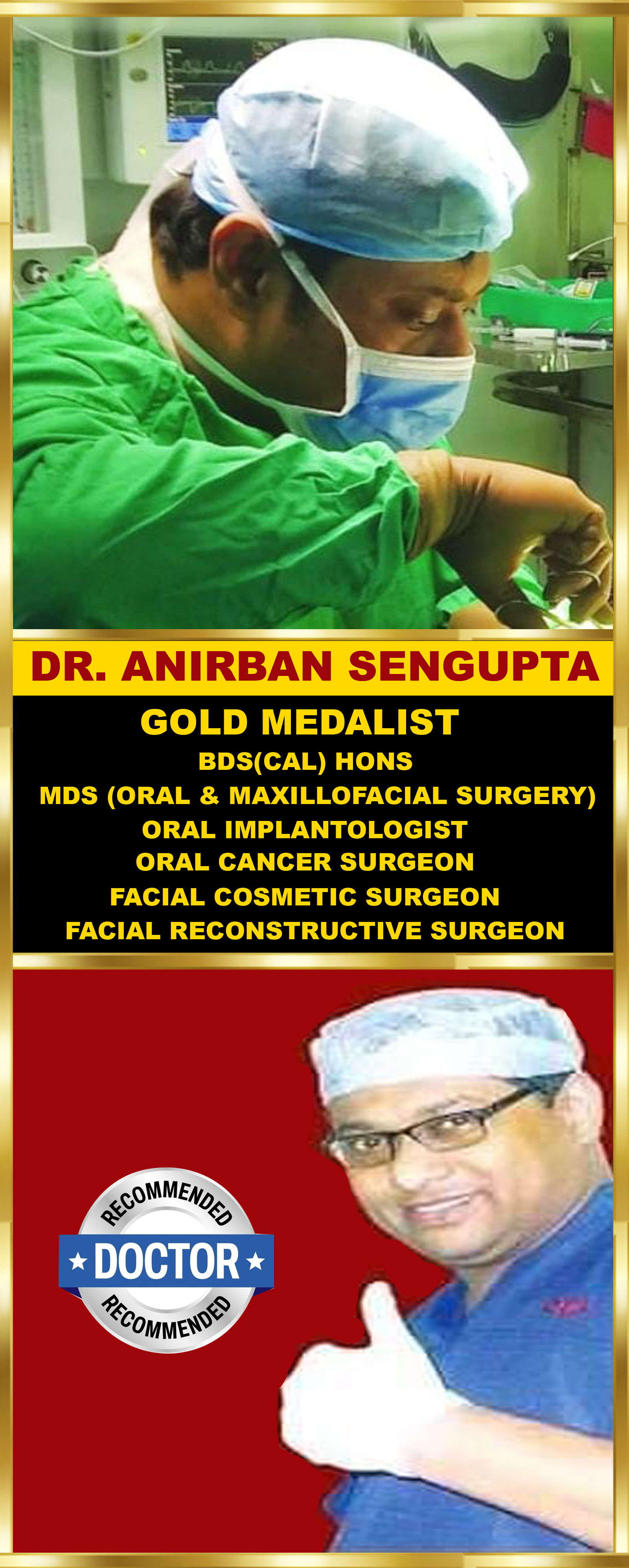

LEGENDS AWARDED DR ANIRBAN SENGUPTA FOR HIS BRILLIANT PERFORMANCE ON HIS SUBJECT
OUR SERVICES
What Service We Offer
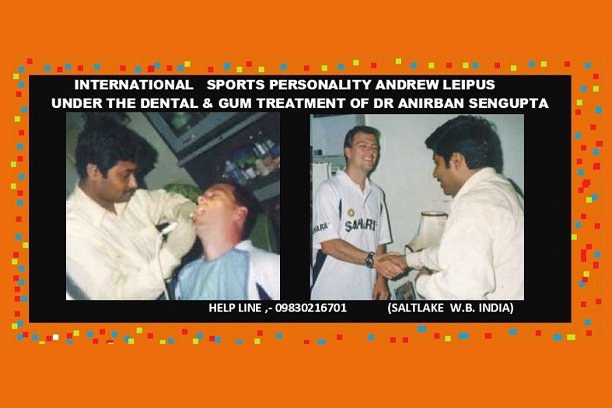
How can you know your gum is infected ? Gum bleeding, bad odour from mouth, calculus layer (yellow / grey) on teeth etc. If you ignore it, all systems of your body may be affected.
Read More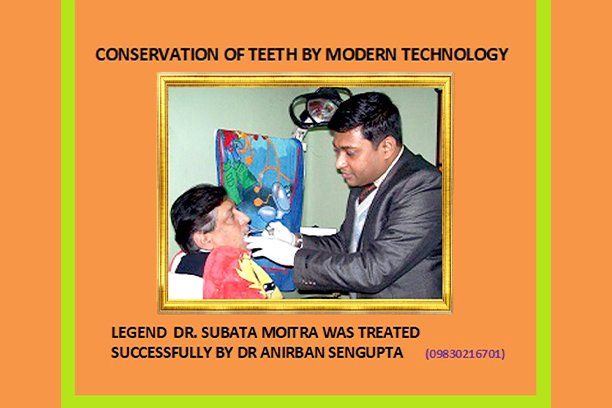
Conservation of carious painfull teeth, the success of the treatment...
Read More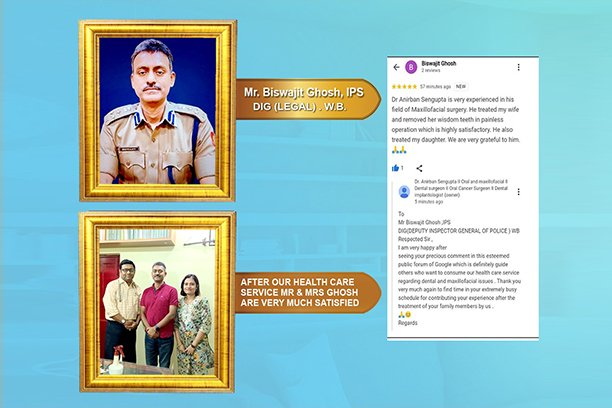
Readers are requested to go through the following videos( just click on the following urls ) and will experience the miracle .
Read More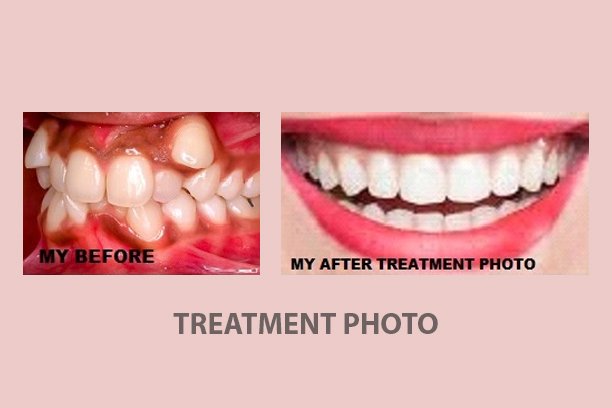
Ugly teeth are the BHsignificant problem of teenagers youths and before the age of teenagers etc . But painless blood less sophisticated techniques can give glittering smile
Read More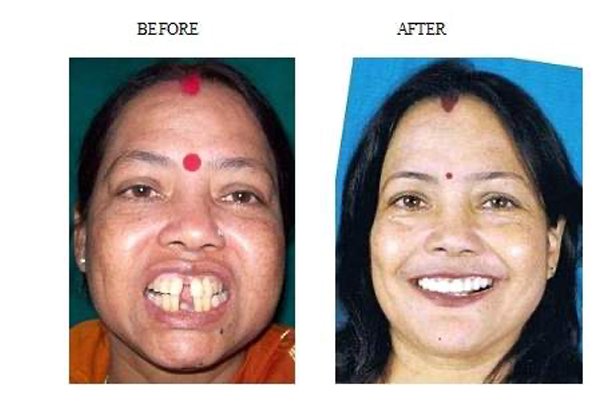
Smile design is the solution of this common problem . Total procedure is painless and bloodless . Readers are requested to go through the following URL without skip.
Read More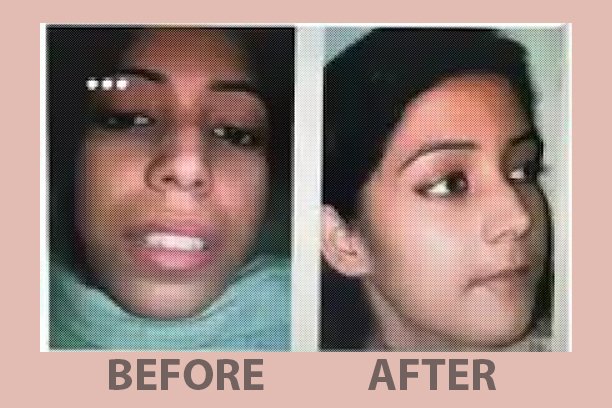
Patient cannot close lips and /or patient can close lips with great effort with pressure...
Read MoreDon’t hesitate, contact us for better help and treatments. Explore all Services.

FROM LEFT TO RIGHT DR ANIRBAN SENGUPTA , LEGEND PROFESSOR DR SAILENDRA BHATTACHARYYA , LEGEND DR SUBRATA MOITRA
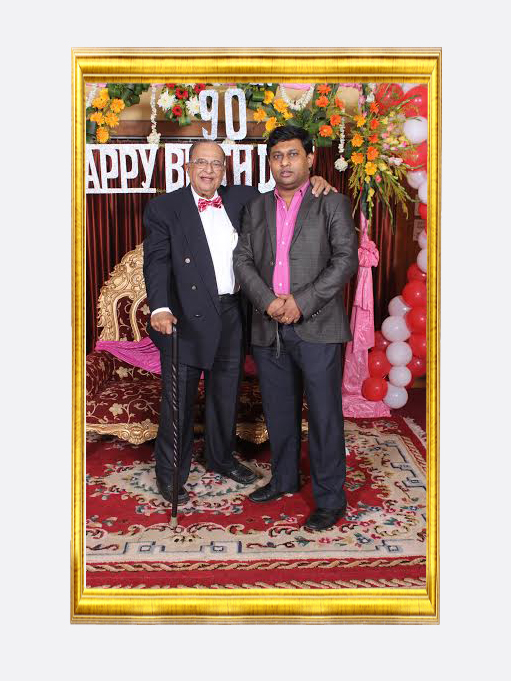
DR ANIRBAN SENGUPTA WITH LEGEND PROFESSOR DR SAILENDRA BHATTACHARYYA
Our Patients Review
Video Testimonial
What Our
Patients Say

On the other hand, we denounce with righteous indignation and dislike men who are so beguiled and demoralized by the charms of pleasure of the moment, soforby blinded by desire, that they cannot foresee the pain and trouble.
It has roots in a piece of lassical.
Albie Jackson

On the other hand, we denounce with righteous indignation and dislike men who are so beguiled and demoralized by the charms of pleasure of the moment, soforby blinded by desire, that they cannot foresee the pain and trouble.
It has roots in a piece of lassical.
Sally Mathison

On the other hand, we denounce with righteous indignation and dislike men who are so beguiled and demoralized by the charms of pleasure of the moment, soforby blinded by desire, that they cannot foresee the pain and trouble.
It has roots in a piece of lassical.
Braylin Rose
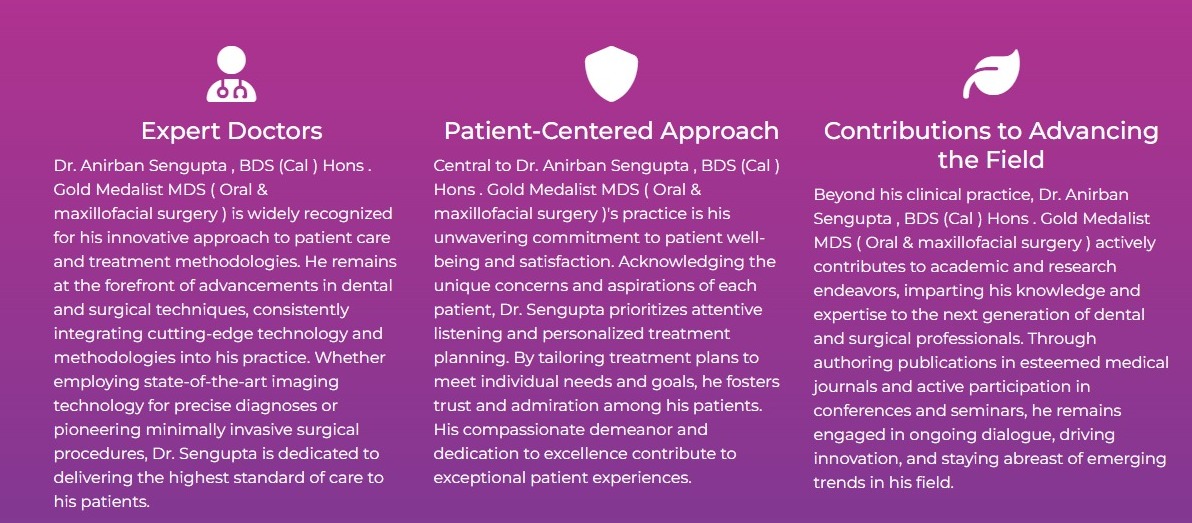
Why Dr.Anirban Sengupta ?
Dr. Anirban Sengupta is a renowned expert in the field of dentistry and maxillofacial surgery, with a vast wealth of knowledge and experience that sets him apart from his peers. His dedication to providing the highest level of care to his patients is evident in his meticulous approach to each case, ensuring that every patient receives a personalized treatment plan that addresses their specific needs. With a strong background in both academic research and practical clinical experience, Dr. Anirban Sengupta has the expertise to tackle even the most complex dental and maxillofacial issues.
One of the key reasons why individuals may choose to seek treatment from Dr. Anirban Sengupta is his reputation for delivering excellent outcomes. With a track record of successful surgeries and procedures, patients can trust that they are in capable hands when entrusting their dental and maxillofacial issues to him. Moreover, Dr. Anirban Sengupta's commitment to staying abreast of the latest advancements in the field ensures that patients receive cutting-edge treatments that are both effective and minimally invasive, minimizing discomfort and promoting faster recovery times.
In addition to his technical expertise; Dr. Anirban Sengupta's compassionate and patient-centered approach makes him a preferred choice for individuals seeking treatment for dental and maxillofacial issues. He takes the time to listen to his patients' concerns, answer their queries and provide them the information they need to make informed decisions about their care. This level of attentiveness and empathy fosters a strong doctor-patient relationship, instilling confidence in patients and helping them feel at ease throughout their treatment journey. Ultimately, choosing Dr. Anirban for dental and maxillofacial issues means receiving top-notch care from a skilled and compassionate professional who puts patients' well-being first. The most important things are use of sophisticated imported gadgets, minimally invasive painless procedure, good communication with thorough counselling, direct communication between patients to share the experiences, transparency, distinguished skills, vast knowledge about subject and its application, training of new comers, quality treatment, patient friendly environment, experience of more than two decades, competitive cost, patient's satisfaction, 4.8 Google rating (over 200 reviews) etc. which made him most popular dentist, dental surgeon, oral surgeon, dental implantologist, oral and maxillofacial surgeon, oral cancer surgeon and best in the field of facial plastic surgery, facial cosmetic surgery, facial corrective surgery, oral onco-surgery and oral surgery.
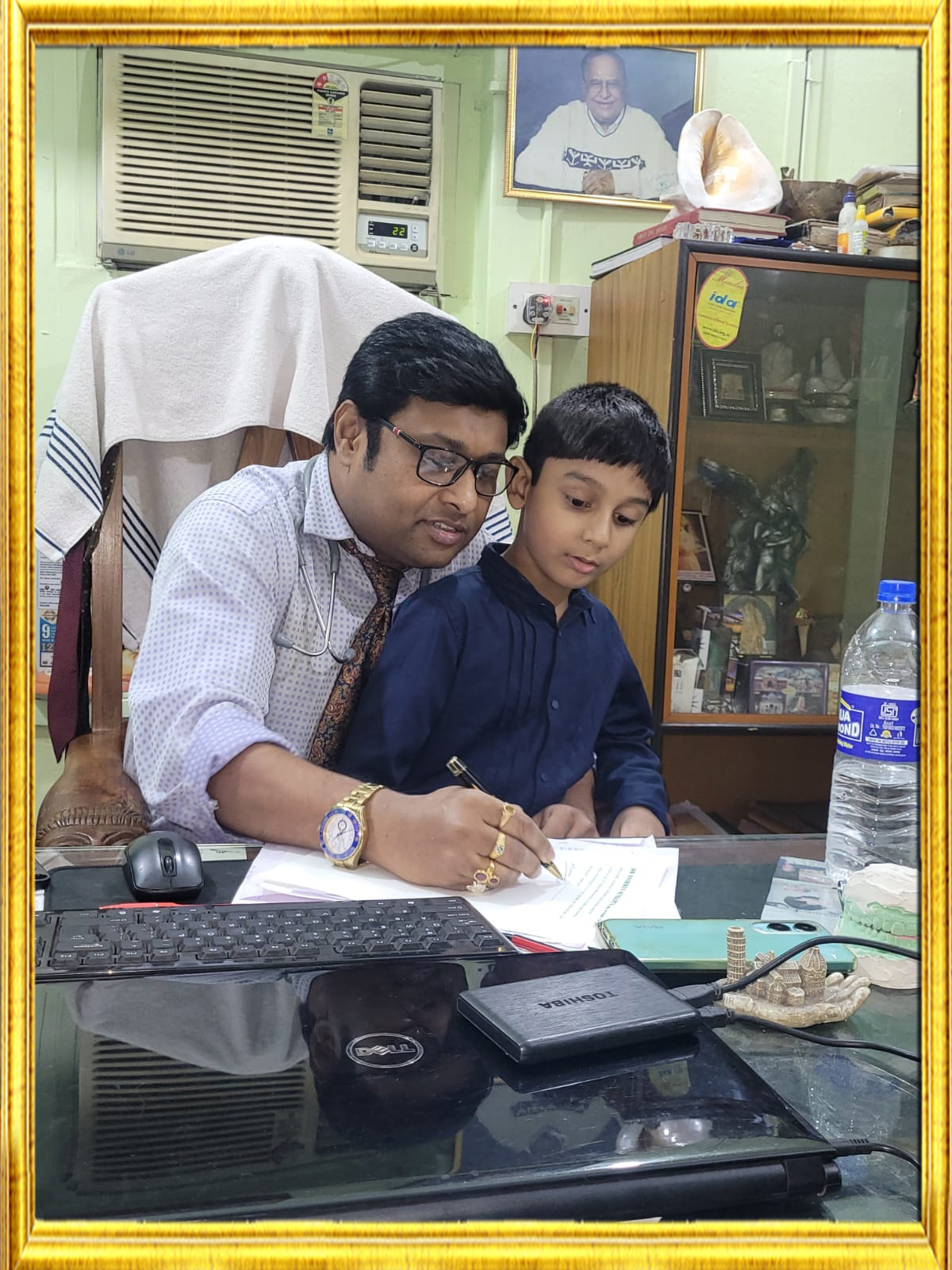
CONTRIBUTION TO THE SOCIETY
- SCHOOL HEALTH CHECK UP
- COMMUNITY HEALTH CHECK UP
- LECTURE WITH AUDIOVISUAL PRESENTATION ON DENTAL & MAXILLOFACIAL AWARENESS
- SCIENTIFIC PAPER PRESENTATION
- LIVE SHOW IN MEDIA ABOUT HEALTH AWARENESS PROGRAM IN MEDIA INCLUDING DOORDARSHAN
- HEALTH CHECK UP CAMP IN COUNTRY SIDE & CITY
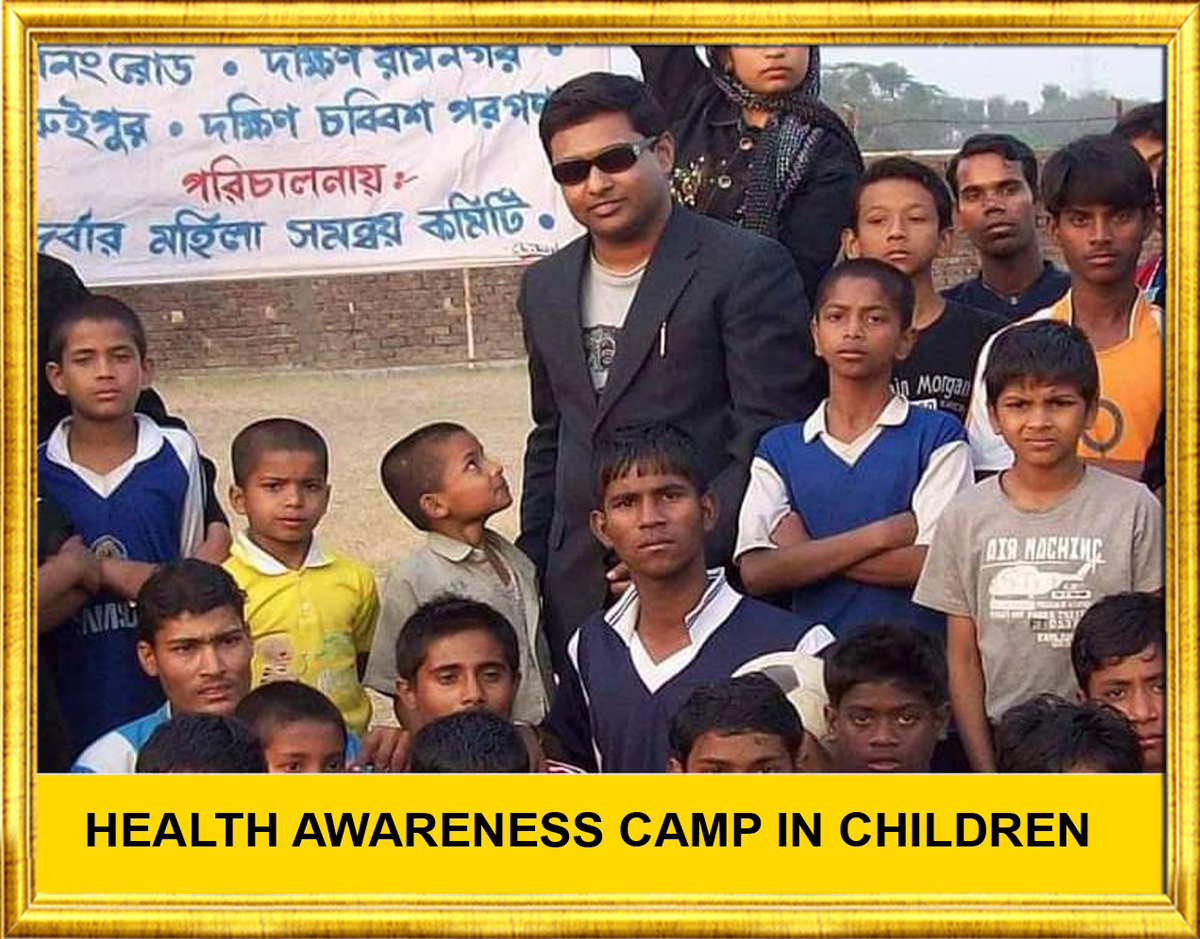

Frequently Asked Question
Buy toothbrushes with soft bristles.
Medium and firm ones can damage teeth and gums. Use soft pressure, for 2 minutes, two times a day.
Gums bleed when they are irritated and inflamed and bleeding gums is the most common sign of gum disease.
Some other reasons why your gums could be bleeding are:
- Brushing too vigorously
- Using a toothbrush that has hard bristles.
- Dentures or retainers which are not fitted properly.
- 4. Bacterial infection in the tooth or gums.
- Hereditary.
- Use of blood-thinning medicines
- Smoking irritates gums and leads to bleeding gums.
- Sometimes pregnancy could also be the cause of bleeding gums
Do not neglect bleeding gums problems, contact your dental professional at the earliest to avoid the development of advanced forms of gum disease. Treat bleeding gums immediately.
One word answer – Yes! There's no getting away from flossing if good oral health is what you need. It clears food and plaque from between teeth and under the gumline. If you don't, plaque hardens into tartar, which can cause several dental problems.
If you do not prefer thread flossing, try water flossing.
Tooth pain can occur due to a number of reasons, including:
1) Tooth decay: Tooth decay can lead to cavities, which can expose the tooth's nerves and blood vessels to bacteria, causing pain.
2) Cracked tooth: A crack in the tooth can cause pain, even if it's too small to see.
3) Impacted tooth: Wisdom teeth are especially likely to become impacted, causing pain if they don't break through the gum properly.
4) Gum disease: Gum disease can cause pain.
5) Bruxism: Clenching or grinding your teeth can cause tooth pain.
6) Abscessed tooth: A bacterial infection in the tooth can cause an abscess, which can be painful.
7) Damaged filling or crown: A damaged filling or crown can cause tooth pain.
Black spots on teeth can have a number of causes, including:
1) Tooth decay: A common cause of black spots on teeth, tooth decay occurs when plaque and tartar build up on teeth, allowing bacteria, sugar, and acid to eat away at the tooth's enamel. This can lead to a small hole or pit in the tooth, which can appear as a black or brown spot. Other signs of tooth decay include pain while eating, tooth sensitivity, and a persistent toothache.
2) Fluorosis: Excessive fluoride intake during the development of teeth between the ages of 1–3 can cause dark spots on molar teeth.
3) Medications: Certain medications, including antibiotics like tetracycline, can cause discoloration of teeth, especially when taken during tooth development.
4) Aging: As people age, their tooth enamel deteriorates, exposing the yellowish-brown dentin below.
5) Genetics: Genetics can also play a role in tooth discoloration.
6) Smoking: Smoking can make teeth appear more yellow.
7) Diet: Consuming coffee, tea, wine, and sugary sodas can stain tooth enamel.
8) Vitamin B12 deficiency: A lack of vitamin B12 can lead to tooth stains and gums that appear redder than usual. Treatment for black spots on teeth depends on the cause and severity, and can range from fillings, crowns, veneers, or professional teeth whitening procedures.
Bad breath, also known as halitosis, can be caused by a number of things, including:
1) Poor oral hygiene Not brushing and flossing regularly can lead to a buildup of bacteria and food particles in your mouth, which can cause bad breath.
2) Certain foods and drinks Strong-smelling foods like garlic and onions, as well as drinks like coffee, can cause bad breath.
3) Tobacco products Smoking can stain teeth and cause bad breath.
4) Gum disease periodontal disease can cause bad breath and an unpleasant taste in the mouth.
5) Mouth infections Cavities, plaque build-up, mouth sores, or oral surgery can all contribute to bad breath.
6)Dentures Dentures that aren't cleaned regularly can collect odor-causing bacteria and food particles.
7)Oral appliances Braces and other oral appliances that aren't cleaned regularly or don't fit properly can collect odor-causing bacteria and food particles.
8) Sleeping When you sleep, your tongue and cheeks don't move much, saliva flow is reduced, and food particles can stagnate in your mouth, which can lead to bad breath.
This is for informational purposes only. For medical advice or diagnosis, consult a professional.
Dry mouth, also known as xerostomia, can occur due to a number of possible reasons, including:
1) Medications Many medications can cause dry mouth, including those for high blood pressure, depression, and bladder control. Antihistamines, diuretics, and antihypertensives are also common culprits.
2) Dehydration When you don't have enough fluids in your body, your salivary glands can't produce enough saliva.
3) Mouth breathing Breathing through your mouth, especially while sleeping, can cause dry mouth. This can be made worse by dry air or using a dehumidifier.
4) Diseases Conditions like HIV/AIDS, Sjögren's syndrome, and diabetes can cause dry mouth.
5) Radiation and chemotherapy Radiation therapy and chemotherapy can damage the salivary glands or make saliva thicker.
6) Nerve damage Injury to the head or neck can damage the nerves that signal the salivary glands to produce saliva.
7) Smoking or using tobacco Smoking or using tobacco products reduces saliva flow.
8) Anxiety or nervousness Feeling anxious or nervous can cause dry mouth. Dry mouth can cause a number of symptoms, including oral burning, difficulty swallowing, and a loss or decrease in taste. To help with dry mouth, you can try:
A) Sipping water regularly
B) Avoiding tobacco products
C) Using artificial saliva
D) Avoiding caffeine, alcohol, and sugary or acidic foods
This is for informational purposes only. For medical advice or diagnosis, consult a professional.
There are several ways to treat sensitive teeth, including:
1) Desensitizing products Toothpastes and mouthwashes can help block pain from sensitive teeth. You might need to try different brands to find one that works best for you.
2) Fluoride Your dentist can apply fluoride to sensitive areas of your teeth to strengthen tooth enamel and ease pain.
3) Dental bonding or sealants If your gums have receded or your enamel has eroded, your dentist can apply bonding or sealants to cover exposed surfaces.
4)Mouthguard
If you grind or clench your teeth, a mouthguard can help reduce stress on your teeth.
Root canal therapy
If the nerve inside your tooth is affected, a root canal can remove damaged nerve tissue.
5) Lifestyle changes Avoid acidic foods and drinks, quit smoking, and address teeth grinding or clenching habit
6) Home remedies You can try applying capsaicin gel to your gums, or using fresh or minced garlic.
7) Oral hygiene Brush twice a day with fluoride toothpaste and floss once a day. Visit your dentist for regular checkups and cleanings.
This is for informational purposes only. For medical advice or diagnosis, consult a professional.
 HELPLINE
+91 9830216701
HELPLINE
+91 9830216701
